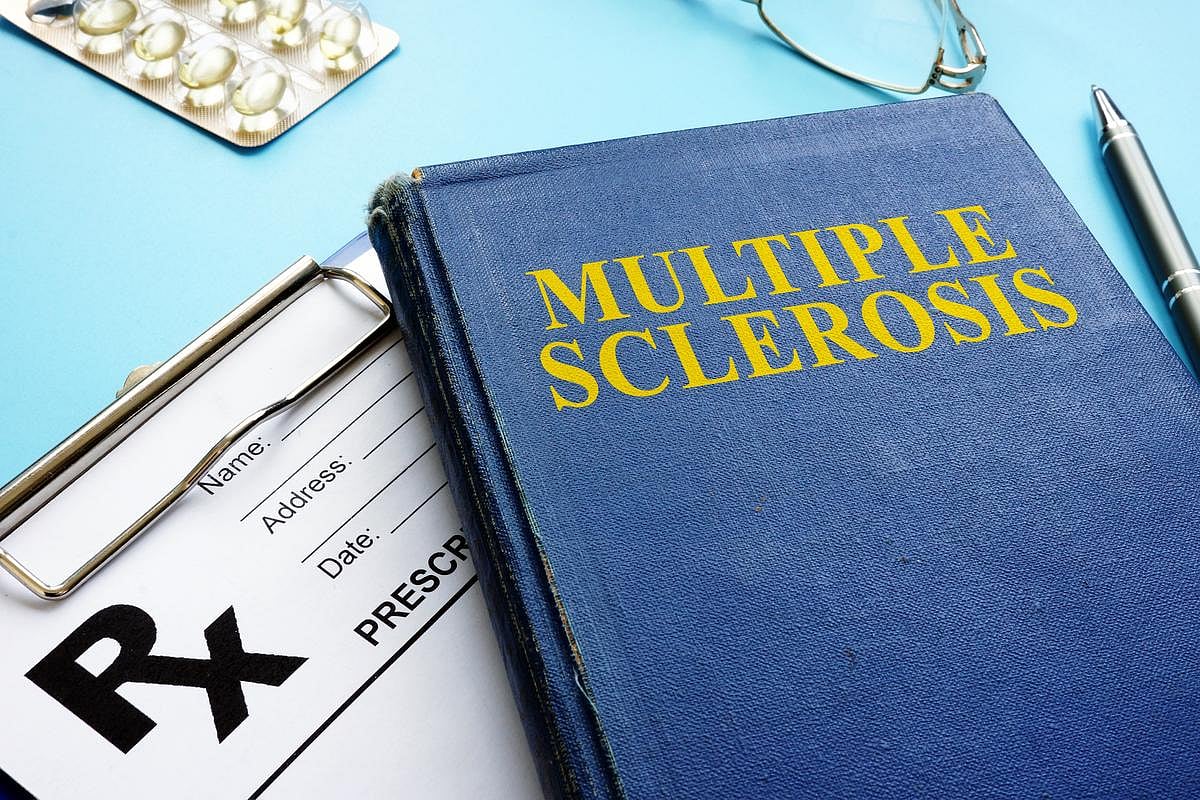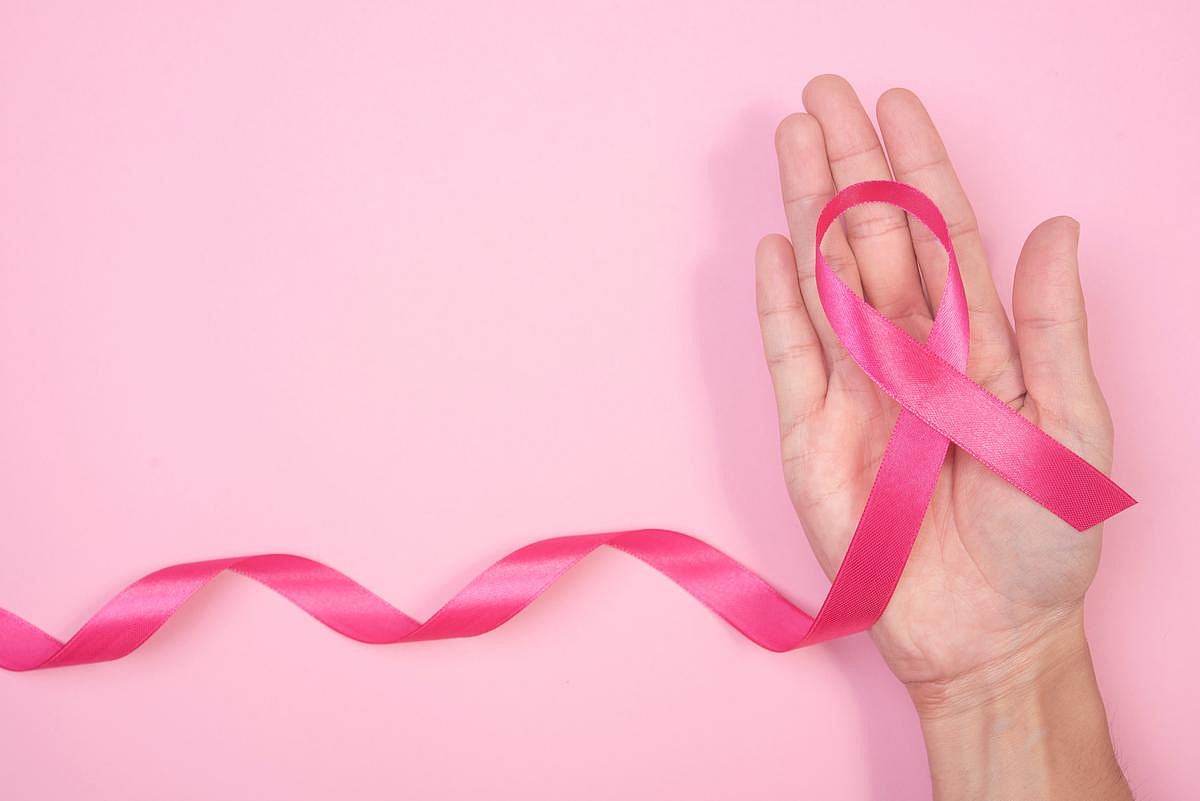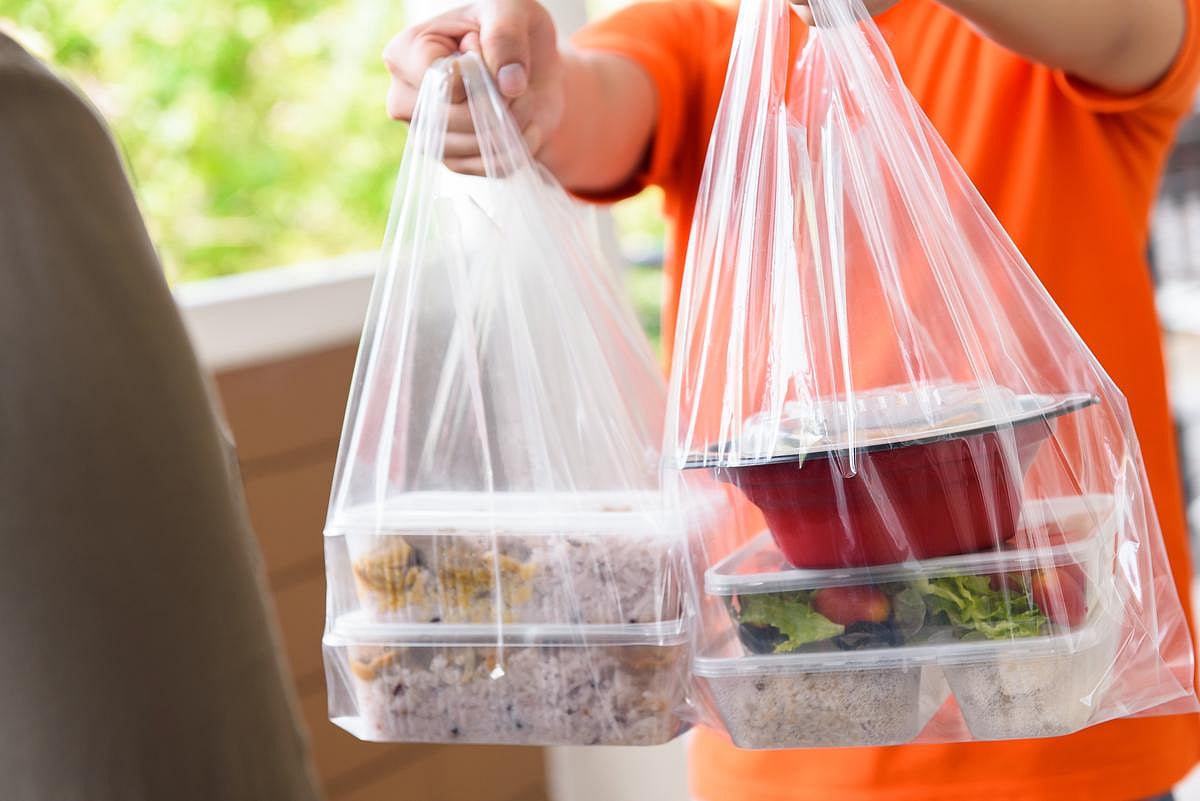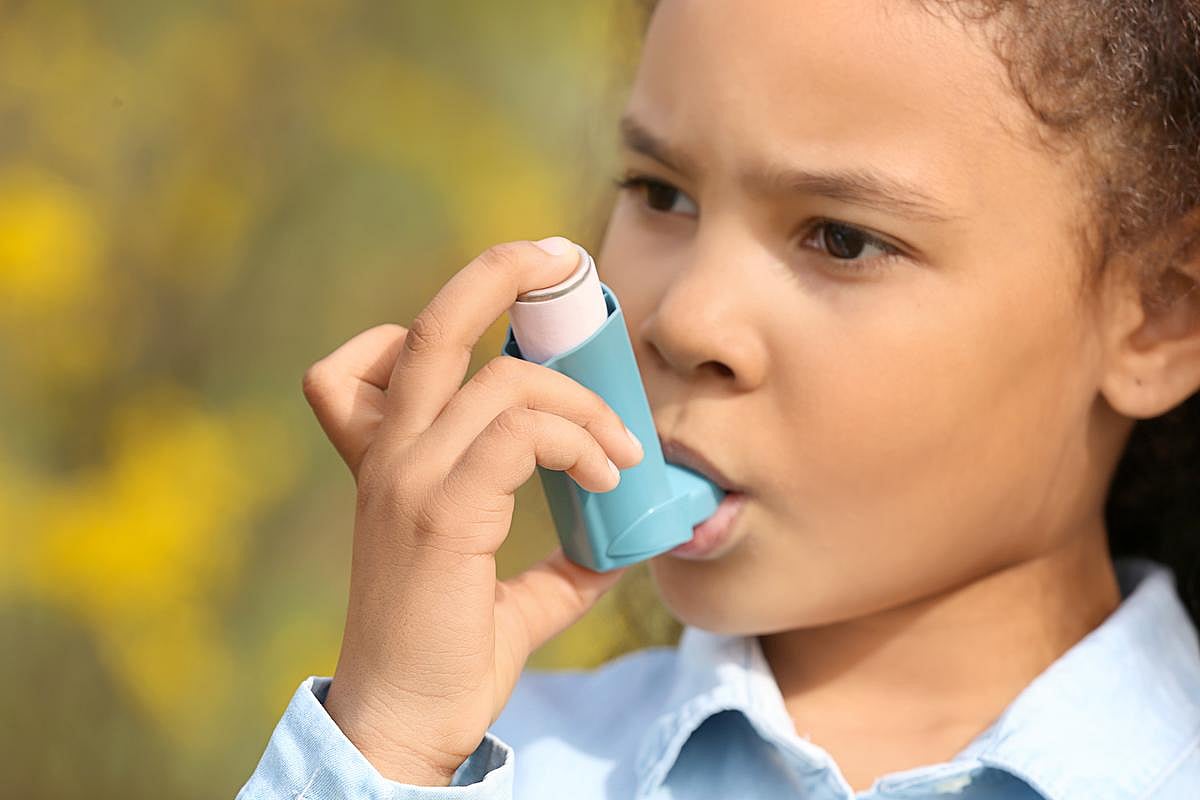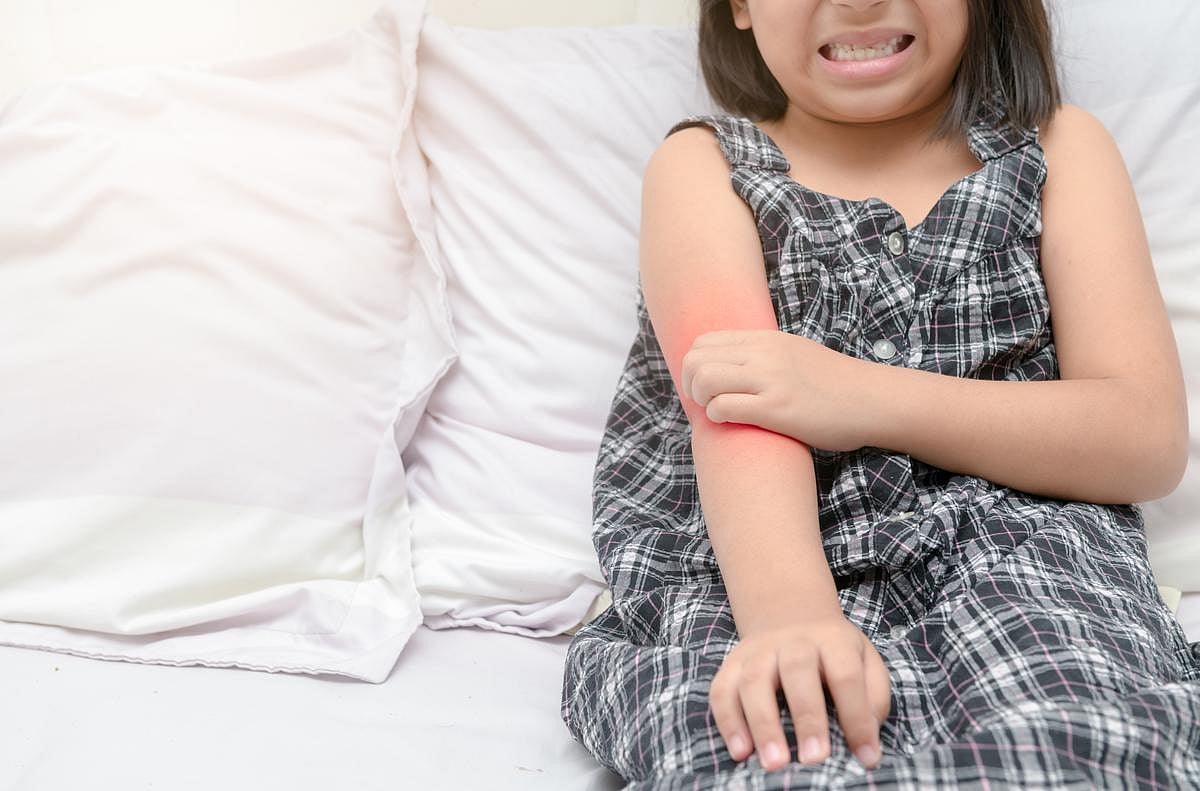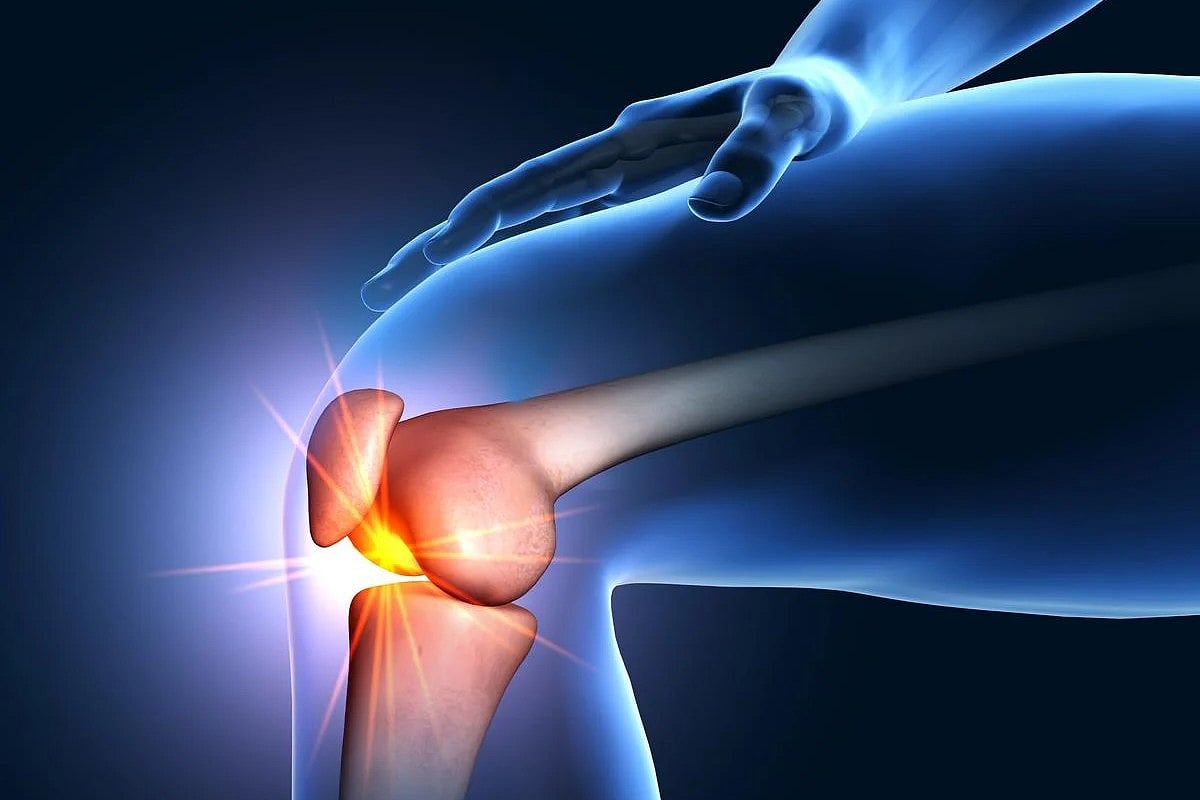
People with aching knees might receive relief from a course of low-dose radiation therapy, a new study suggests. People with mild to moderate wear-and-tear knee arthritis felt less pain and had better mobility after radiation treatment, researchers reported Sunday at a meeting of the American Society for Radiation Oncology in San Francisco. “People with painful… read on > read on >










